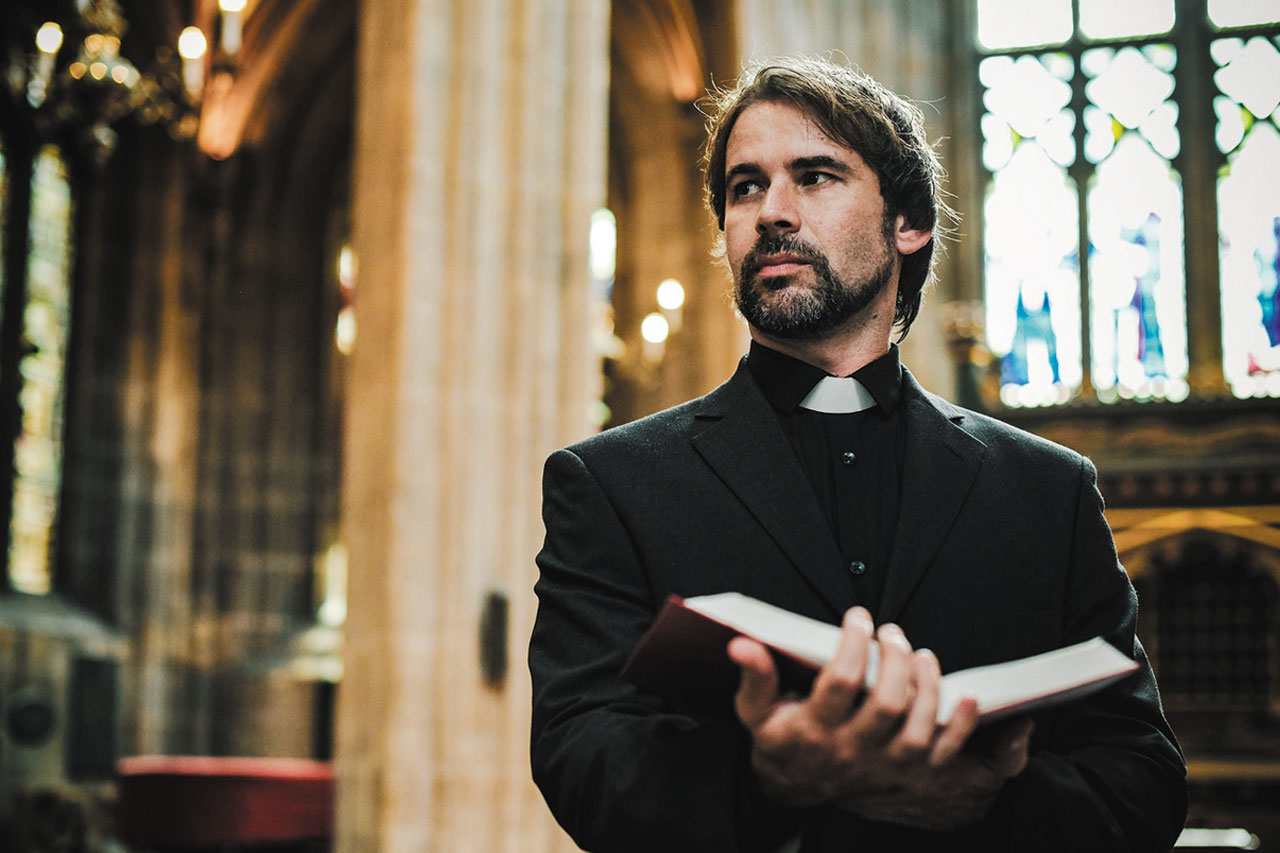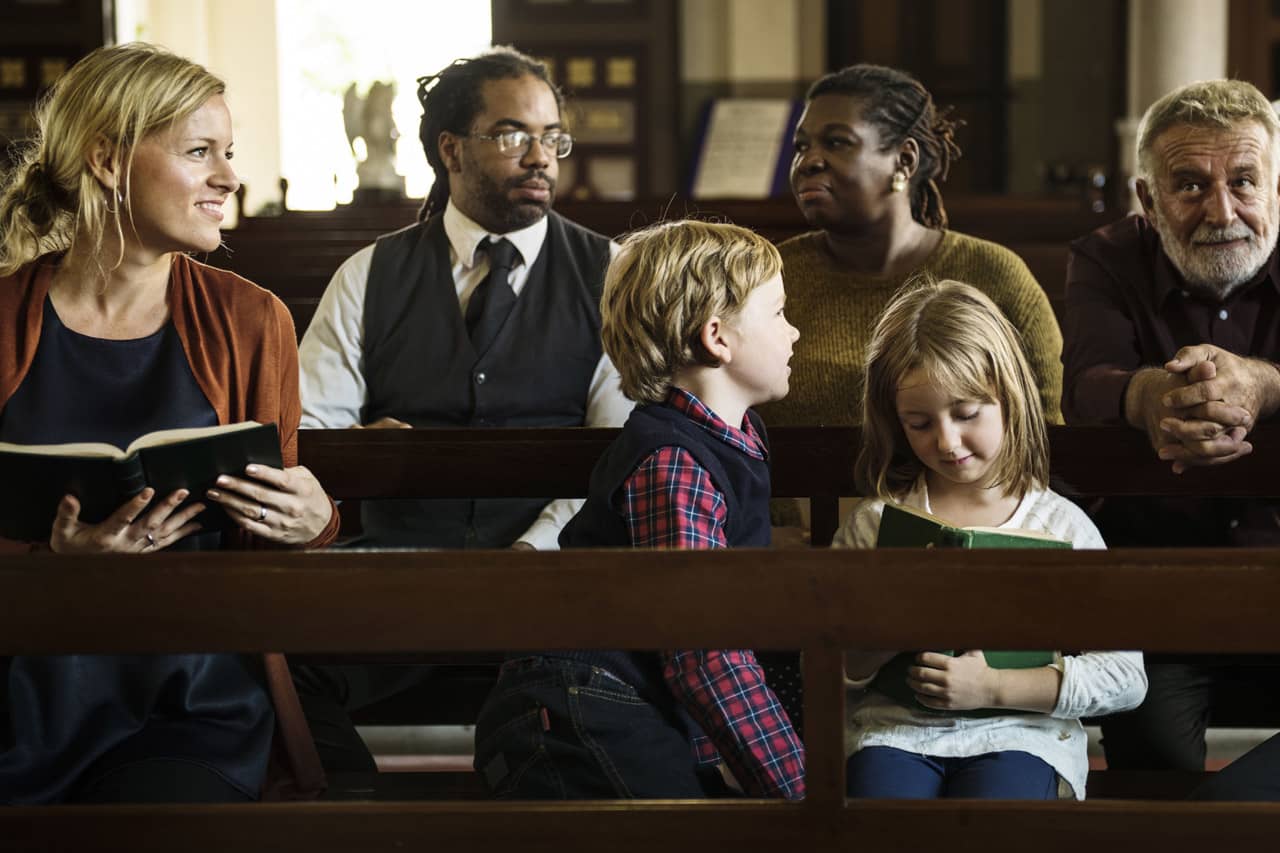The faith of Old Catholics is simply that of the Catholic Church as taught by the Church from apostolic times to the present day. The ecumenical Councils clearly express what Old Catholics believe without the need for apology or excuse. In 1823, Archbishop Willibrord van Os of Utrecht reiterated adherence to the unchanging doctrine of Catholicism in the following words: We accept without any exception whatever, all the Articles of the Holy Catholic Faith. We will never hold nor teach, now or afterwards, any other opinions than those that have been decreed, determined and published by our Mother, Holy Church…” Thus, Old Catholics, tracing their Apostolic Succession through the Roman Catholic Church to the Apostles, participated in the full sacramental ministry of the Church. The Rule of Faith of Old Catholics is faithful adherence to Sacred Scripture and the Apostolic Tradition. How we differ in matters of discipline, administration and procedure, Old Catholics differ from the Roman Catholic Church. For example, clerical celibacy (which is a matter of discipline) is optional among Old Catholics. Married men and women may be ordained and in many of our dioceses clergy may, with prior Episcopal consent, enter into Holy Matrimony after ordination. Liturgical expression is also a matter of discipline determined by the local bishop. Consequently, many Old Catholic communities have adopted the liturgical renewal promulgated following the Second Vatican Council while still maintaining Tridentine liturgy, in Latin or direct translation into classical or modern English, in those parishes that desire it. Eastern rite Old Catholic parishes exist as well, which follow the ancient liturgies of that rich tradition. Because Old Catholic communities are small, they are able to success fully implement the Ignatian model of the Church referred to earlier. This concept views the faithful with their clergy and bishop as a community or family in loving concern for each other and each working together to live the Scriptural commands in their daily lives as Christians bringing the love of Christ to others. Old Catholic communities utilize their size and lack of highly detailed structure to the very best advantage organizationally by their ability to expedite decisions affecting the sacramental and community life of the faithful, within the revelation and authority of Holy Scripture and Apostolic Tradition.


